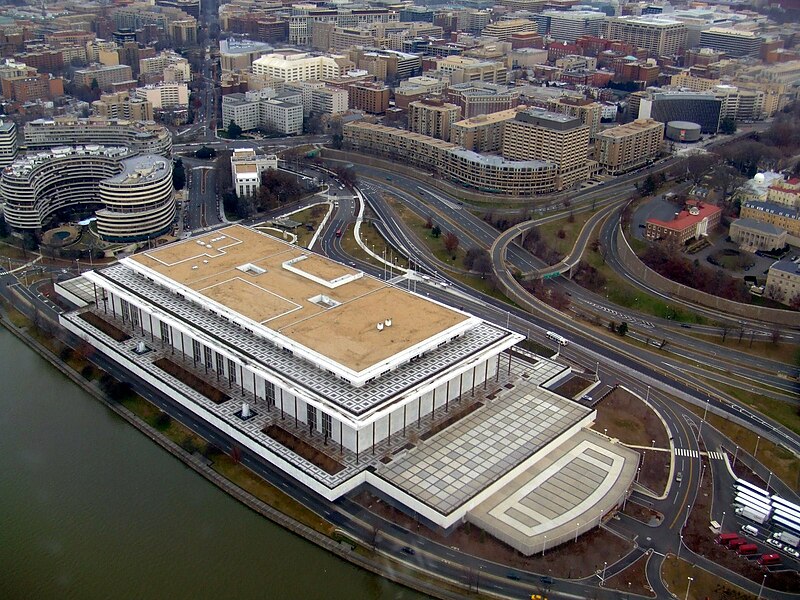The John F. Kennedy Center for the Performing Arts in Washington has a new chairman of the board, and his name leaves no room for doubt about a new agenda: Donald Trump. This is the first time that a sitting president has taken on this role, and with him come radical changes that are ready to impact the world of American art and culture.
The board, largely composed of loyalists to the magnate, officially confirmed the appointment with immediate effect. A decision that has already sparked debate, especially after the announcement of the end of “woke” programming–the awareness of social injustices–a concept which, according to Trump himself, “no longer exists in this country.”
Among the first consequences of the appointment is the firing of president Deborah Rutter, who was supposed to leave her position only at the end of 2025. She is succeeded by Richard Grenell, a former official in the Republican administration, better known for his consulting work with oligarchs accused of corruption than for any passion for the performing arts.
The institutional earthquake has already caused a series of high-profile resignations. Shonda Rhimes, who served as treasurer on the board, announced her departure, followed by opera singer Renée Fleming and musician Ben Folds, a consultant to the National Symphony Orchestra.
To replace the departing members, a new group of advisors close to the President has been brought in, including Pam Bondi, former attorney general and loyal political ally, and Lee Greenwood, the singer of the patriotic “God Bless the U.S.A.,” long one of the GOP leader’s favorite songs. The list also includes Dana Blumberg, wife of billionaire Robert Kraft, and Andrea Wynn, spouse of casino mogul Steve Wynn, who was forced to resign in 2018 due to a sexual scandal.
The Kennedy Center, home to the National Symphony Orchestra, the Washington National Opera, and the Washington Ballet, partially funded by the federal government, has always been considered a nonpartisan institution. But Trump’s entry marks an unprecedented shift and raises many questions about the future of its artistic programming and the cultural freedom of the organization.












